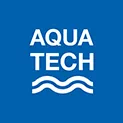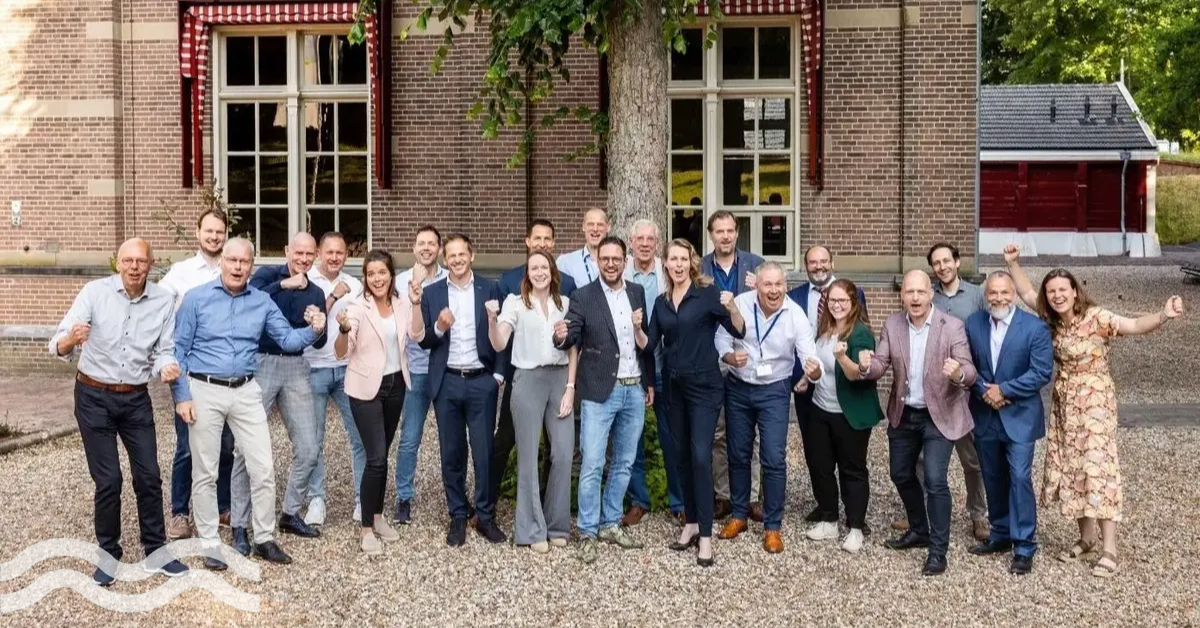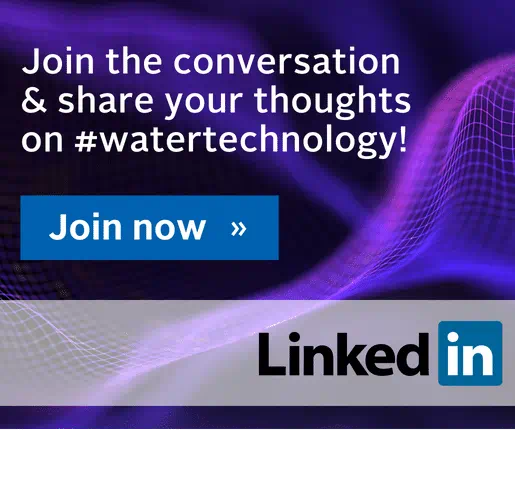The Netherlands has been at the forefront of developing groundbreaking concepts and initiatives in water management. One such initiative is the ‘living lab’, a collaborative project between Ramboll, an engineering and design consultancy, contractor ADS Groep Water B.V. and Vitens, the largest drinking water company in the Netherlands to create a long-term sustainable drinking water concept.
Understanding the living lab concept
A living lab is an experimental environment that enables real-life testing and validation of innovative ideas and technologies. Researchers, businesses, and communities can use the platform to collaborate to develop and refine solutions to complex challenges. The living lab approach emphasizes user-centricity, active participation and continuous learning allowing stakeholders to co-create and evaluate sustainable solutions.
The goal of Viten’s latest project is to develop standardised drinking water facilities that are modular, adaptive, and scalable while serving as a blueprint for the future. The facilites will foster innovative practices and address Vitens' short-term need for additional drinking water production.
According to the Netherlands' National Institute for Public Health and the Environment, the supply of high-quality water in the Netherlands will be at risk by 2030 if something isn’t done to tackle water scarcity.
Vitens shares this concern and the project aims to meet the increased demand for drinking water by incorporating new surface water sources and alternative water sources through a multisource strategy. Once complete, the facilities will add a minimum of 600 m3/hour production capacity to Vitens’ water supply.
The Panorama Waterland Concept
Before embarking on the living lab project, Ramboll had previously developed the Panorama Waterland concept. The study aimed to transform the Dutch water sector by integrating multiple functions within a water-rich landscape. Under the concept, there would be a future where water systems not only provide clean drinking water but also support agriculture, nature conservation, recreation, and renewable energy production.
The Panorama Waterland concept emphasized the need to view water not merely as an infrastructure challenge but as an opportunity to create multifunctional landscapes that enhance the quality of life and promote sustainable development. It recognised the interconnectedness of water-related challenges and the importance of collaborative efforts to achieve holistic solutions.
Building on the Panorama Waterland concept, the living lab project with Vitens takes a practical and action-oriented approach. It aims to translate the visionary ideas into tangible solutions by testing and implementing innovative technologies, policies, and management strategies.
Scalable solutions to water scarcity
The living lab sustainable drinking water concept in the Netherlands exemplifies the country's commitment to water sustainability and innovation. By fostering collaboration, experimentation, and learning, the living lab approach enables stakeholders to develop practical and scalable solutions to address water-related challenges.
The project builds on the visionary Panorama Waterland concept, aiming to create a future where water systems play a vital role in supporting a wide range of functions, while ensuring the long-term availability of clean drinking water.
“Clean water is a scarce resource, but this project will accelerate the innovation needed to ensure a stable and sustainable water supply, not only in the Netherlands but in many countries across the world,” said René Hoeijmakers, director for water and wastewater treatment at Ramboll.







